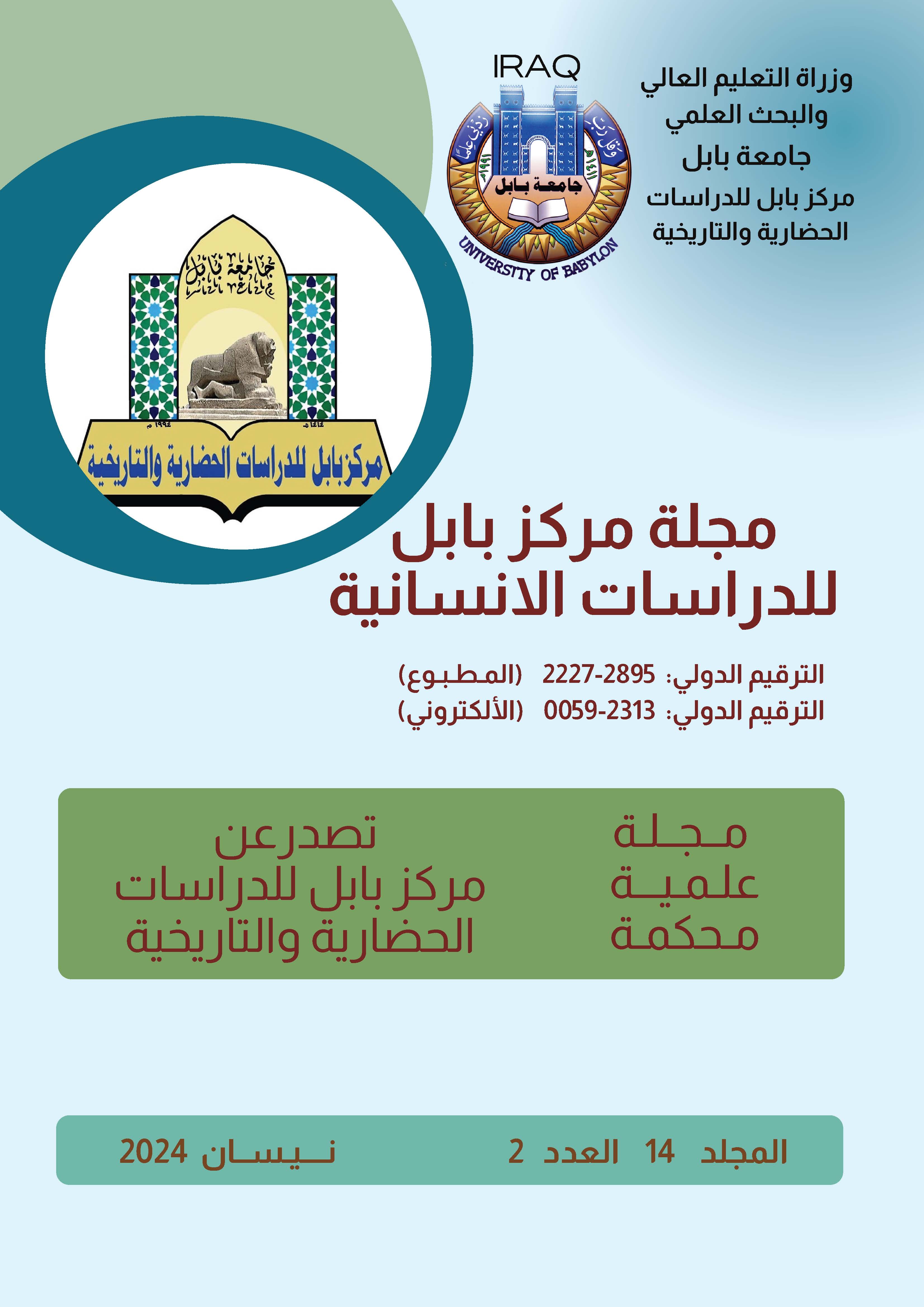The Journey of Loss and Lost Identity in Ali Bader’s The Tobacco Keeper
Keywords:
: Identity Loss, Ali Bader, The Tobacco Keeper, Iraqi Literature, Post-Colonialism, Identity Transformation, Political FluctuationsAbstract
This paper delves into the theme of lost identity in Ali Bader’s novel, The Tobacco Keeper. The Iraqi author draws inspiration from a theoretical fusion of post-modern and post-colonial ideologies, using his works to give voice to the silenced and marginalized in society, culture, and politics. The narrative centers on Kamal Medhat, an Iraqi composer who meets a tragic end when he is abducted and killed near his home in Al-Mansour city by an armed group. Bader’s novel explores how the turbulent political landscape in Iraq compels Kamal to undergo a profound transformation, assuming three distinct identities that alter the course of his life and have ripple effects on those around him. This literary work vividly portrays the notion of transitioning from one identity to another, often necessitated by the fluctuating political tides, and demonstrates the complex interplay of borrowed and concealed identities, which can be likened to a perilous game of deadly identities. The Tobacco Keeper relentlessly emphasizes the significance of loss and lost identity, painting a poignant portrait of human existence caught in the turbulent maelstrom of history. It beckons readers to ponder the profound human experiences of individuals ensnared in the unpredictable tides of time. This narrative teaches us that, even amidst personal tragedies and the erasure of cultural and national identities, the human spirit finds ways to endure, redefine, and reflect upon the essence of self.







